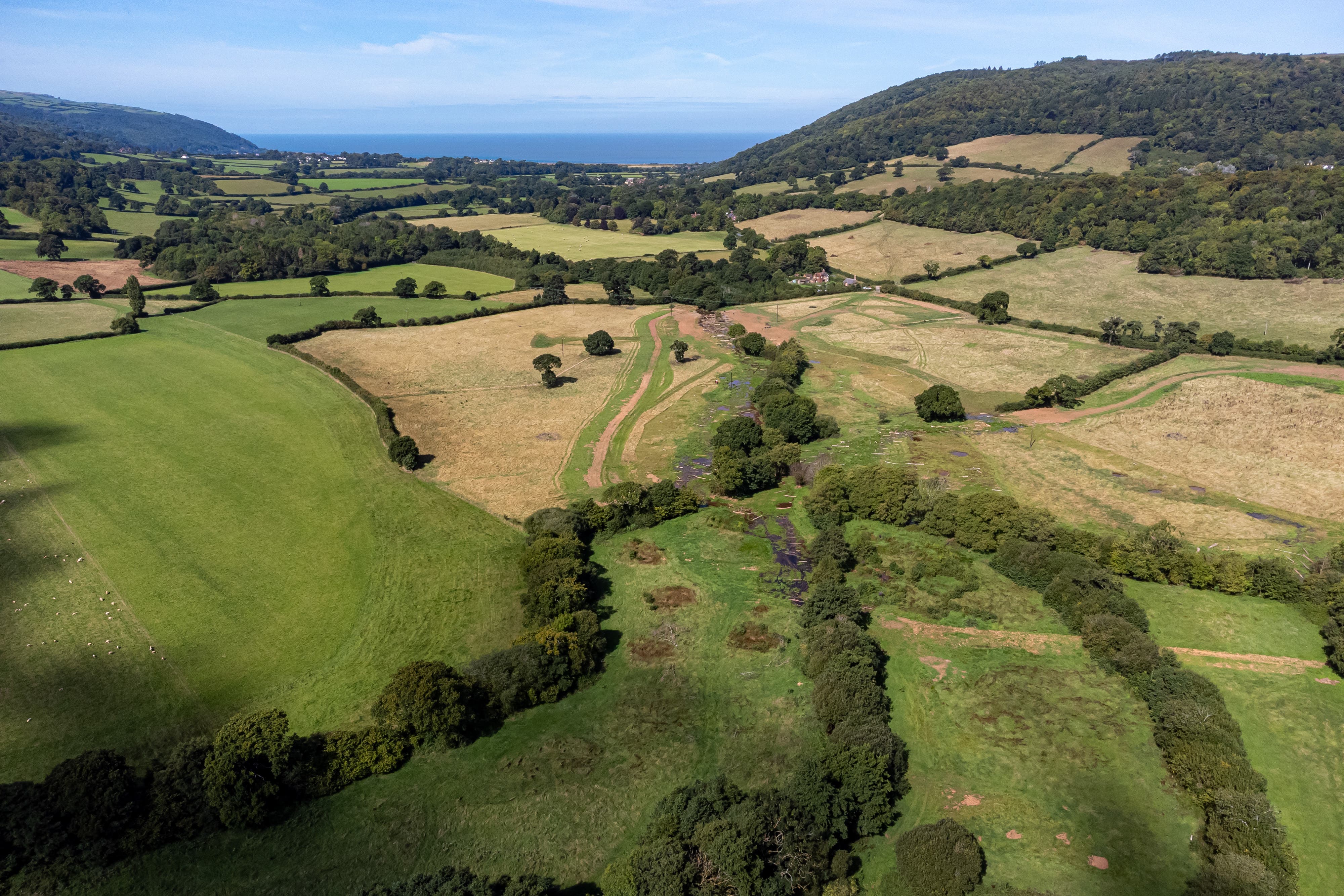‘Climate change’ named as children’s word of the year
Just under a third of children chose the second-placed term ‘war’, while 24% went with ‘coronation’.

Your support helps us to tell the story
From reproductive rights to climate change to Big Tech, The Independent is on the ground when the story is developing. Whether it's investigating the financials of Elon Musk's pro-Trump PAC or producing our latest documentary, 'The A Word', which shines a light on the American women fighting for reproductive rights, we know how important it is to parse out the facts from the messaging.
At such a critical moment in US history, we need reporters on the ground. Your donation allows us to keep sending journalists to speak to both sides of the story.
The Independent is trusted by Americans across the entire political spectrum. And unlike many other quality news outlets, we choose not to lock Americans out of our reporting and analysis with paywalls. We believe quality journalism should be available to everyone, paid for by those who can afford it.
Your support makes all the difference.“Climate change” has been named as children’s word of the year by Oxford University Press (OUP).
More than 3,000 children aged six to 14 were asked for their word of the year, and the most common responses or themes were “climate change”, “war” and “coronation”.
A poll of 1,000 children was then done by market research agency Opinium and the term for ecological change and global warming was chosen by 33%.
“War” was picked by a total of 31% of children, while 24% went with “coronation”.
Helen Freeman, director of Oxford Children’s, said: “The choice of ‘climate change’ not only demonstrates how attuned children are to the news and their environment, but the research also reveals their willingness to engage with meaningful change.
“Whether it’s understanding how children use slang phrases or what word reflects the past year, it’s imperative we continue to support children’s language development so they have the means and vocabulary to express themselves.”
Reflecting on their opinions of why “climate change” was chosen, children talked to researchers about the impact of environmental threats and their concerns for the future.
They also said the word makes them feel “sad”, “scared” and “worried”.
Amid war in Europe and the Middle East, 13% of children said the news was why they voted for “war” while 23% referenced the conflict in Israel and Gaza or Russia’s invasion of Ukraine as a reason.
Amy Meek, chief executive and co-founder of charity Kids Against Plastic, said: “We also mustn’t ignore the findings from the language research which demonstrate young people’s desire for action.
“Young people not only recognise that climate change is an issue, but they’re also seeing the importance of tackling it.
“No-one will feel the negative effects of climate change more than the next generation – or the positive effects of the action we take against it now.”
“Coronation” was chosen for a happier reason by children, with 24% saying celebration was the reason they picked the crowning of the King in May.
Last year, “Queen” was named word of the year following the death of Charles’ mother Elizabeth II, and in 2022 it was “anxiety”.
The OUP also included a shortlist of three colloquial words – “bro”, “lol” and “slay” – after a market research survey by Childwise of 1,450 children.
The publisher said that research finds children use “bro”, not just as a term for friends, but as a way of showing solidarity when giving someone a warning.
Bro was chosen by 42% to “lol’s” (laugh out loud) 24% after the 1,000-strong Opinium poll.
“Slay”, the slang term for doing something impressive, was voted by 17%.